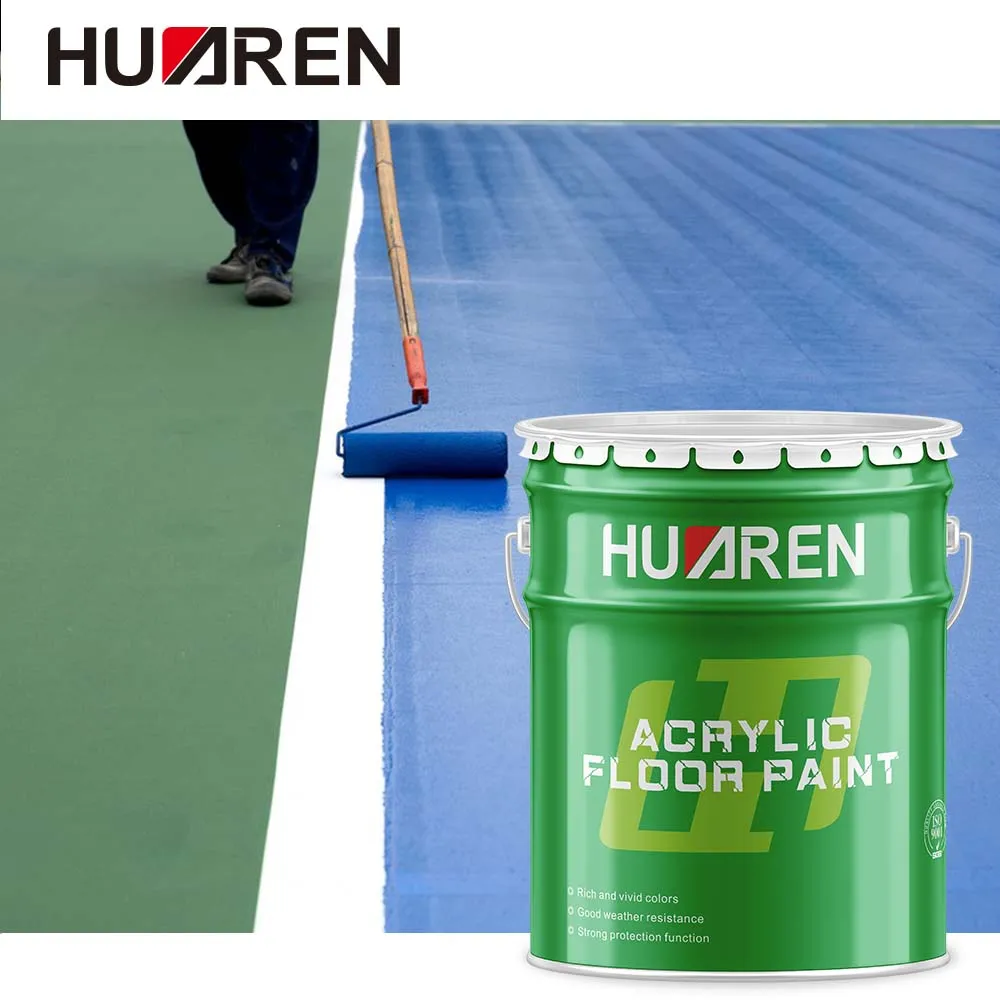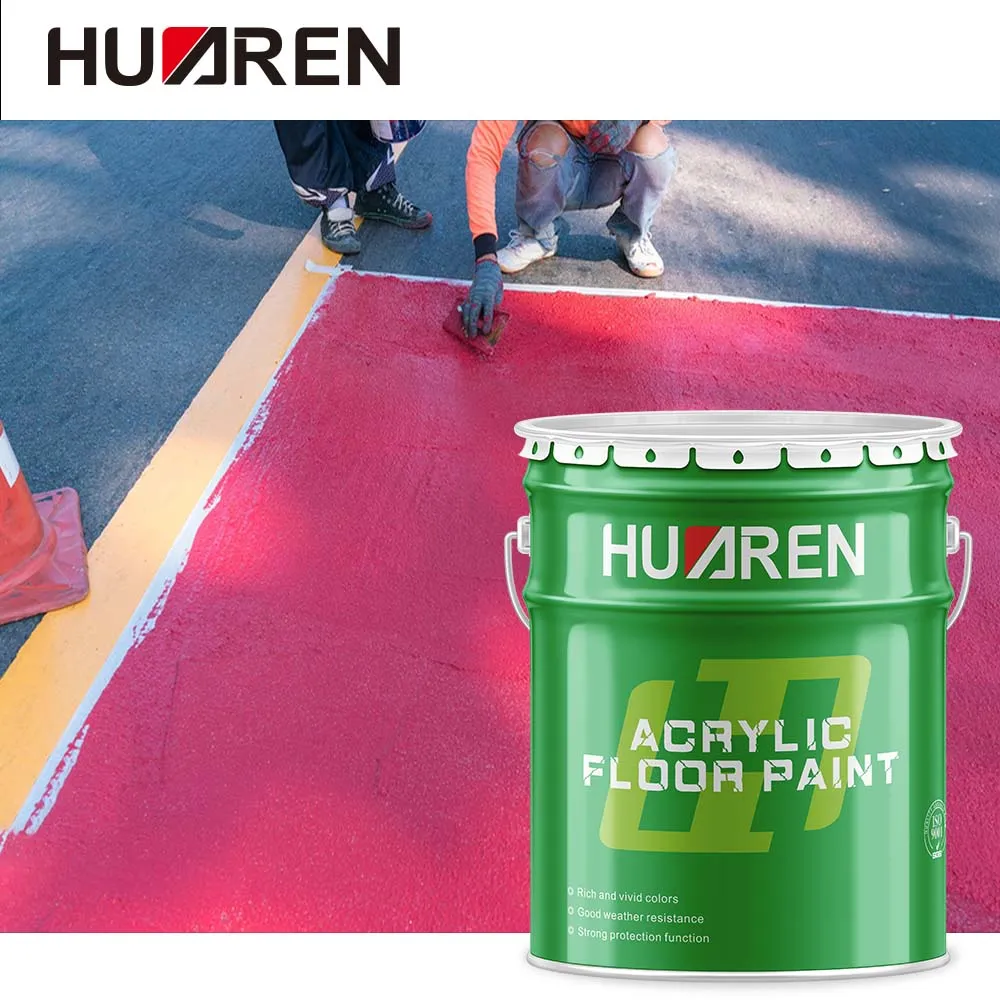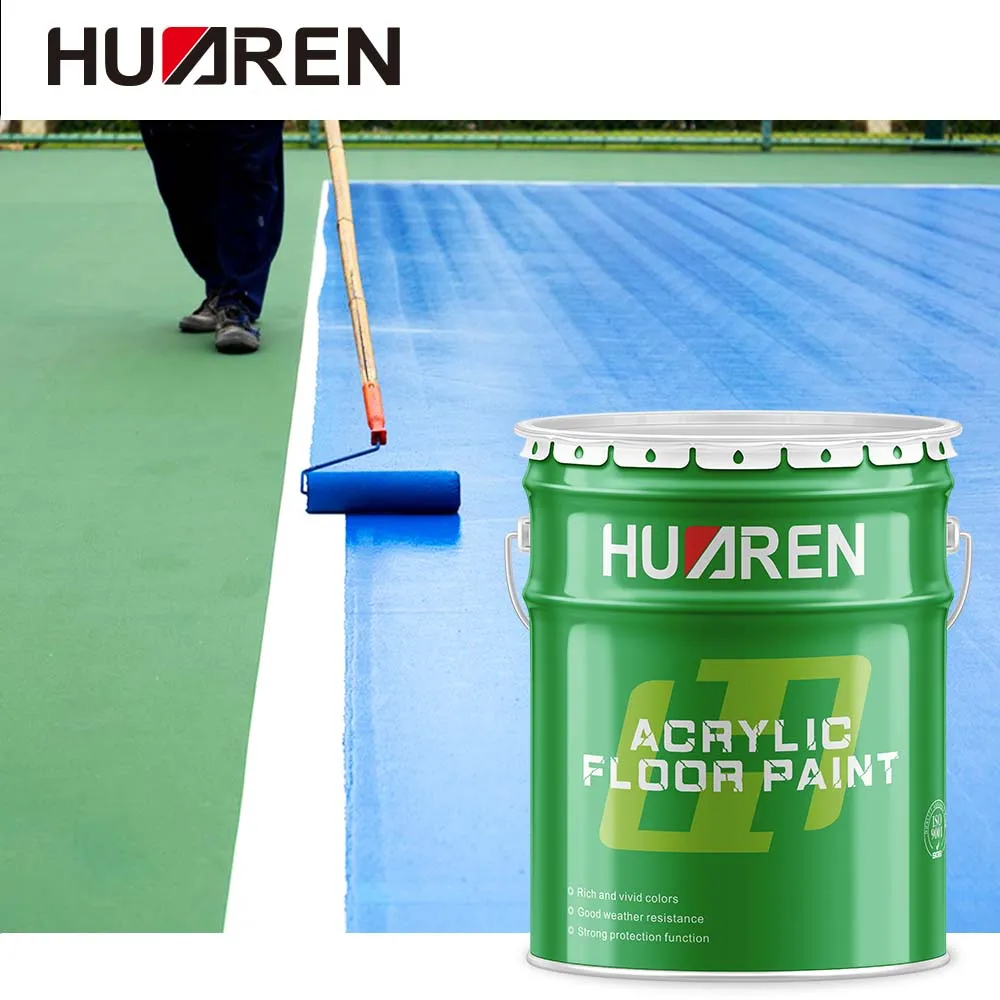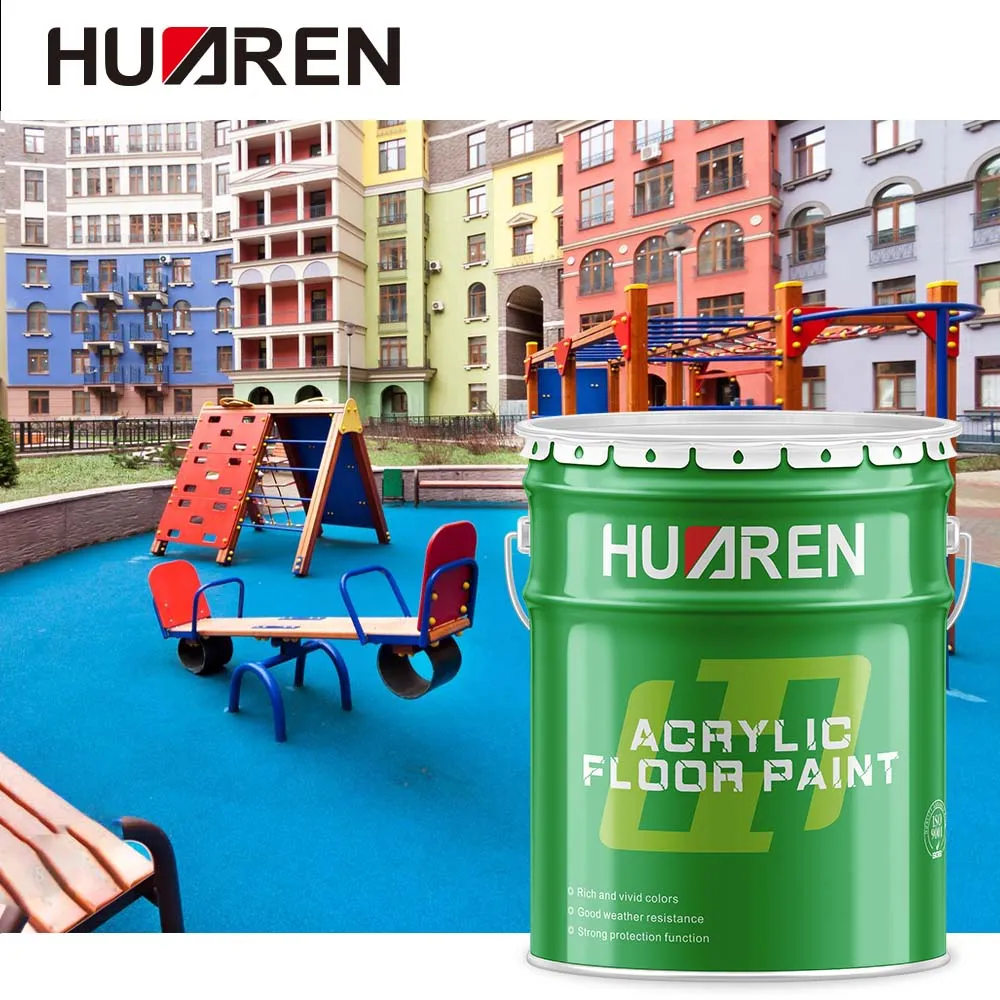Epoxy paint is a widely used coating in industrial and commercial fields. Its excellent performance makes it an ideal choice for a variety of applications. This article will take a deep look at the definition, composition, characteristics and whether epoxy paint is suitable for floor coating.

What is epoxy paint?
Epoxy paint is a coating with epoxy resin as the main ingredient, which usually needs to be mixed with a curing agent. Epoxy resin is a class of polymer compounds with good adhesion, chemical corrosion resistance and mechanical strength. Through chemical reactions, epoxy resin combines with curing agent to form a strong solid coating. This coating not only protects the substrate but also provides an aesthetically pleasing surface effect.
What are the ingredients of epoxy paint?
● Epoxy resin: This is the base material of epoxy paint, which gives it good adhesion and chemical resistance. The molecular structure of epoxy resin determines its high strength and excellent physical properties.
● Curing agent: The curing agent chemically reacts with epoxy resin to transform it from a liquid to a strong solid coating. Common curing agents include polyamines, anhydrides and phenolic resins. Different types of curing agents will affect the curing speed and final performance of epoxy paint.
● Pigments and fillers: Pigments are used to give epoxy paint color, while fillers are used to enhance the mechanical properties and wear resistance of the coating. Common fillers include quartz sand, alumina powder and calcium carbonate.
● Solvents: Solvents are used to adjust the viscosity of epoxy paint for easy construction. The choice and amount of solvents will affect the drying time and film-forming effect of the coating.
Depending on the purpose and performance, epoxy paint can be divided into many types, such as:
● Epoxy primer: Mainly used for the bottom layer protection of the substrate, enhance the adhesion of the coating, and provide preliminary anti-corrosion protection.
● Epoxy topcoat: Used for surface coating to provide the final appearance and protective performance.
● Epoxy self-leveling paint: With self-leveling properties, it is often used in floor coating to form a flat and seamless surface.

What are the characteristics of epoxy paint?
Excellent adhesion
Epoxy paint is known for its excellent adhesion properties. The hydroxyl and ether bonds in the molecular structure of epoxy resin enable it to adhere firmly to various substrate surfaces, including metal, concrete and wood. This strong adhesion not only improves the durability of the coating, but also enhances its protective properties.
Excellent chemical corrosion resistance
Epoxy paint has excellent chemical corrosion resistance and can resist corrosion from acids, alkalis, salts and solvents. Therefore, epoxy paint is widely used in environments that require chemical resistance, such as chemical plants, laboratories and marine facilities. Its coating can effectively prevent chemical substances from corroding the substrate and extend the service life of equipment and buildings.
High strength and wear resistance
The cured coating of epoxy paint has extremely high mechanical strength and wear resistance and can withstand heavy pressure, friction and impact. This makes epoxy paint very suitable for high-intensity flooring, such as industrial plants, workshops and parking lots. Its coating can not only maintain its integrity for a long time, but also reduce maintenance costs caused by wear and tear.
Excellent waterproofness
Epoxy paint coating has excellent waterproof properties and can effectively block water penetration. Therefore, epoxy paint is often used in occasions where waterproof protection is required, such as basements, swimming pools and water storage tanks. Its coating can prevent moisture from invading the substrate and avoid structural damage.
Good weather resistance
Although epoxy paint has relatively weak UV resistance, by adding anti-UV additives or combining with other weather-resistant materials, epoxy paint can still maintain stability for a long time in outdoor environments. Therefore, epoxy paint is also a viable option in some outdoor applications.

Is epoxy paint suitable for flooring?
Advantages of epoxy paint in flooring applications
Epoxy paint is widely used in floor coating due to its excellent properties. The following are the main advantages of epoxy paint in flooring applications:
● Wear resistance: The high wear resistance of epoxy paint makes it an ideal choice for industrial and commercial floors. It can withstand high frequency of pedestrian and vehicle traffic, keeping the floor flat and beautiful.
● Dust resistance: The epoxy paint coating can form a seamless flat surface, effectively preventing the accumulation of dust and dirt, and facilitating cleaning and maintenance.
● Chemical resistance: The chemical resistance of epoxy paint enables it to resist the erosion of various chemicals and is suitable for places with the risk of chemical leakage, such as laboratories and chemical plants.
● Aesthetics: Epoxy paint can be added with pigments of various colors to provide a rich selection of colors to meet the aesthetic needs of different occasions. In addition, epoxy paint can also form an anti-slip effect and increase the safety of the floor by adding quartz sand or other fillers.
Limitations of epoxy paint in floor applications
Although epoxy paint has many advantages in floor coating, it also has certain limitations:
● Construction complexity: The construction process of epoxy paint is relatively complex and requires a professional construction team and equipment. The temperature, humidity and mixing ratio must be strictly controlled during construction, otherwise the coating may not be fully cured or the surface may be uneven.
● Weak weather resistance: Epoxy paint may turn yellow or age when exposed to direct sunlight for a long time. Therefore, epoxy paint is more suitable for indoor or well-protected environments.
● Long curing time: Epoxy paint takes a long time to cure, usually more than 24 hours to reach a dry state, and complete curing may take several days. This limits its application in projects that are in urgent need of use to a certain extent.
● High maintenance cost: Once the epoxy paint coating is damaged, it is relatively difficult to repair, and the entire area often needs to be repainted, which increases the maintenance cost and time.

What are the construction steps of epoxy paint floor?
Surface preparation
Before applying epoxy paint, the preparation of the floor surface is crucial. First, you need to make sure that the floor is clean, dry, free of oil and dust. If the floor has cracks or unevenness, it needs to be repaired and polished to ensure the adhesion and flatness of the coating.
Applying primer
After the floor surface is prepared, it is usually necessary to apply a layer of epoxy primer. The primer can enhance the adhesion of the epoxy paint to the floor and provide preliminary anti-corrosion protection. The primer should be applied evenly to avoid missing or too thick coating.
Main coating construction
After the primer is dry, the main coating of epoxy paint can be applied. The thickness and quantity of the main coating depend on the use requirements and expected effects of the floor. Generally, floor coating requires more than two layers of epoxy paint to ensure the thickness and uniformity of the coating.
Curing and curing
After the epoxy paint is applied, it needs to be cured and cured for a certain period of time. During this period, people and equipment should be kept away to avoid damaging the flatness and adhesion of the coating. The curing time is usually 24 to 48 hours, and full curing may take longer.

